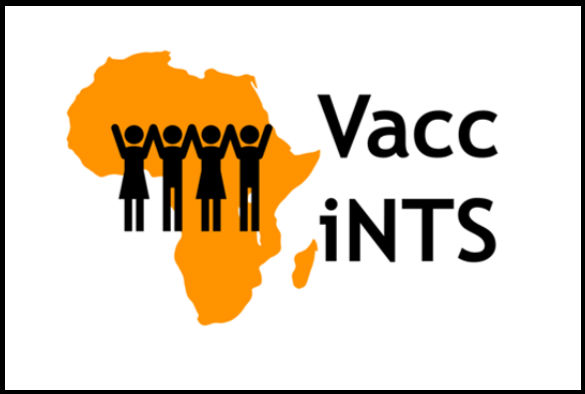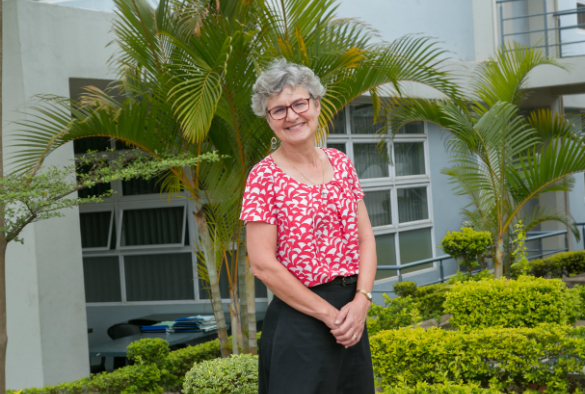
The University of Liverpool is part of a major new vaccine research project to help tackle devastating Salmonella bloodstream infections in sub-Saharan Africa.
Invasive non-typhoidal salmonellosis (iNTS) is an emerging neglected infectious disease that mainly affects children under five years of age and immunocompromised individuals. In 2017, iNTS was estimated to be responsible for about 31,600 deaths among children younger than 5 years, with a case-fatality rate of about 14%. The difficult diagnosis and increasing antibiotic resistance strongly advocate for rapid development of an effective vaccine that is currently not available.
The Vacc-iNTS consortium, made up of 12 partners from 8 different countries including 3 iNTS disease-endemic countries, aims to advance the development of an urgently needed iNTS vaccine by conducting a Phase I clinical study in adults of Europe and Africa. Vacc-iNTS will investigate the immunogenicity and safety of the iNTS-GMMA vaccine, developed by the GSK Vaccine Institute for Global Health.
The 5-year project has a total budget of €6.8M and it is funded by the European Union’s Horizon 2020 Research and Innovation Programme.
Professor Melita Gordon, who will lead work by the University’s Centre for Global Vaccine Research, at the Malawi Liverpool-Wellcome Clinical Research Programme in Malawi, said: “The Vacc-iNTS network will generate data to accelerate further vaccine development and tackle major roadblocks in advancing an effective deployment and uptake by limited-resources public health systems of a sustainable iNTS vaccine; we will contribute to the project by assessing the immunity and incidence of iNTS disease among children in potential vaccine trial sites. We will also improve our understanding of the financial cost to households and to society of iNTS disease, in order to help vaccine planning and funding right across Africa.”
Dr Rino Rappuoli, Scientific Coordinator of the Project and Chief Scientist and Head External R&D at GSK said: “This project is an important step in the fight against a neglected disease that is claiming a very large number of lives of children living in Sub-Saharan Africa. The development of this vaccine against a pathogen with alarming antibiotic resistance, is a success of the joint efforts of industry, public and not-for-profit sectors.”
Donata Medaglini, Professor at the University of Siena and Project Coordinator commented: “The project Vacc-iNTS is an unprecedented effort to test this new vaccine that for the first time tackles the problem of protecting populations against invasive non-typhoidal salmonellosis. Thanks to the collaboration between industry and leading research institutions in Europe, New Zealand, Kenya, Burkina Faso, Malawi and Ghana, our hope is to make this vaccine against this deadly disease available in endemic countries as early as possible.”
The project represents an important step forward in the development of a vaccine to counter a poverty-related disease responsible for a huge health and socioeconomic impact in resource-poor countries.
The Vacc-iNTS network of experts from academic, industry and non-profit organisations will meet in Siena on the 24-25th October 2019 for the project kick-off meeting.
With over a century of established research in infectious diseases, the University of Liverpool is a recognised leader in the field of global health. Find out more about our infectious diseases research here.
